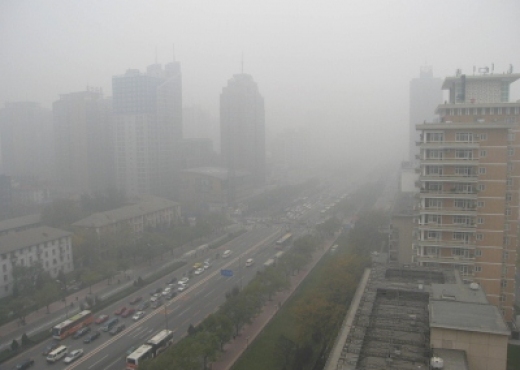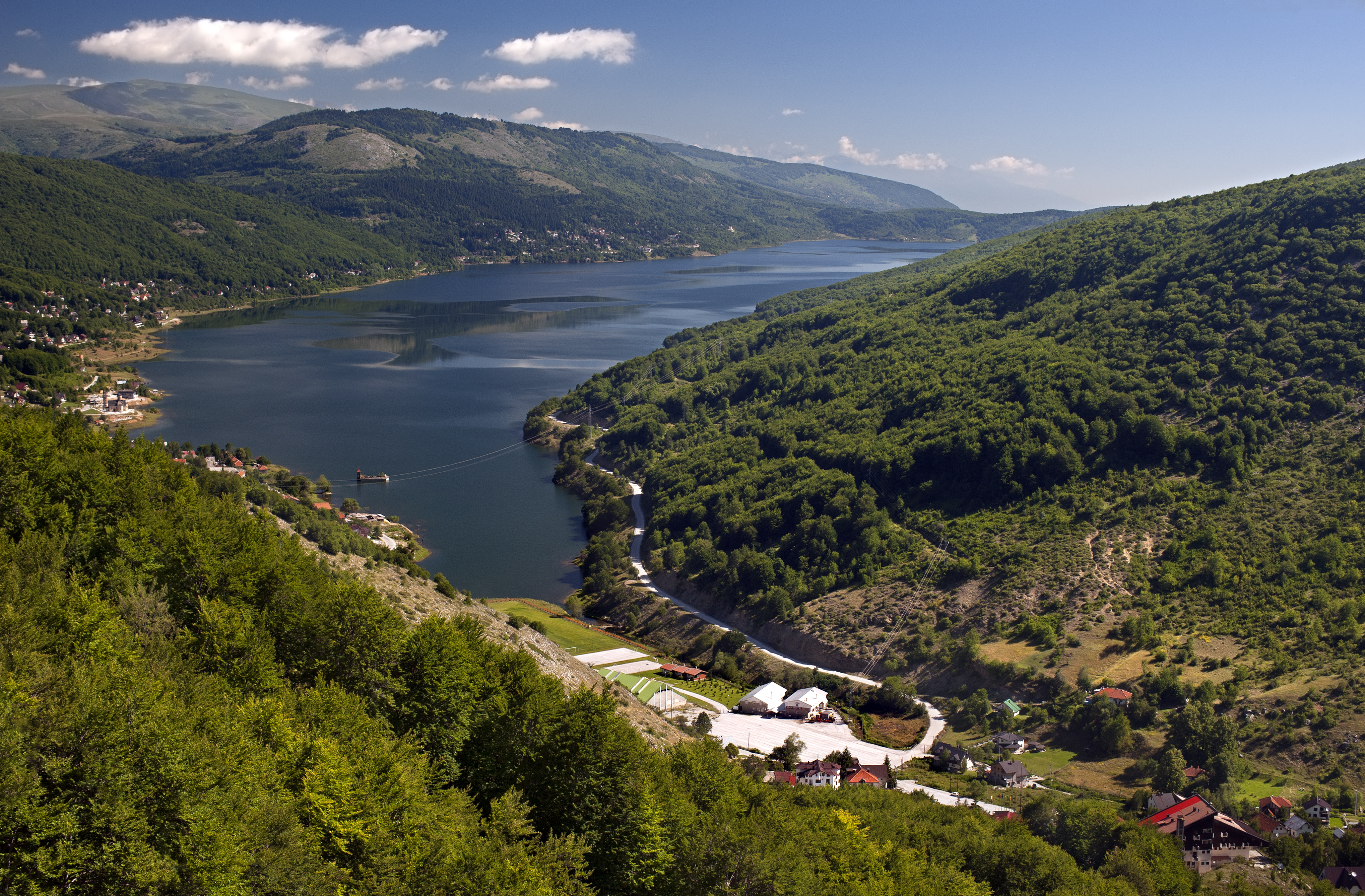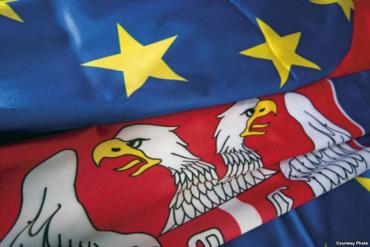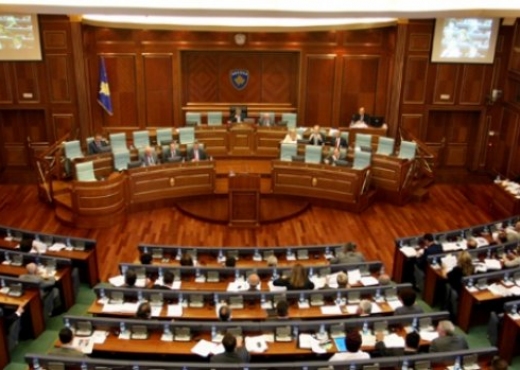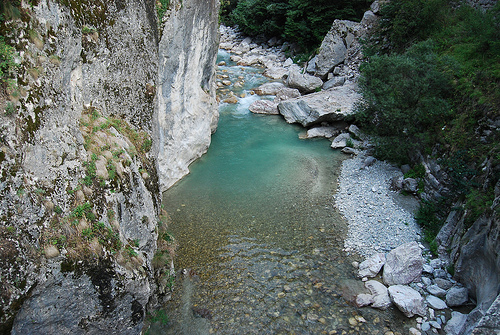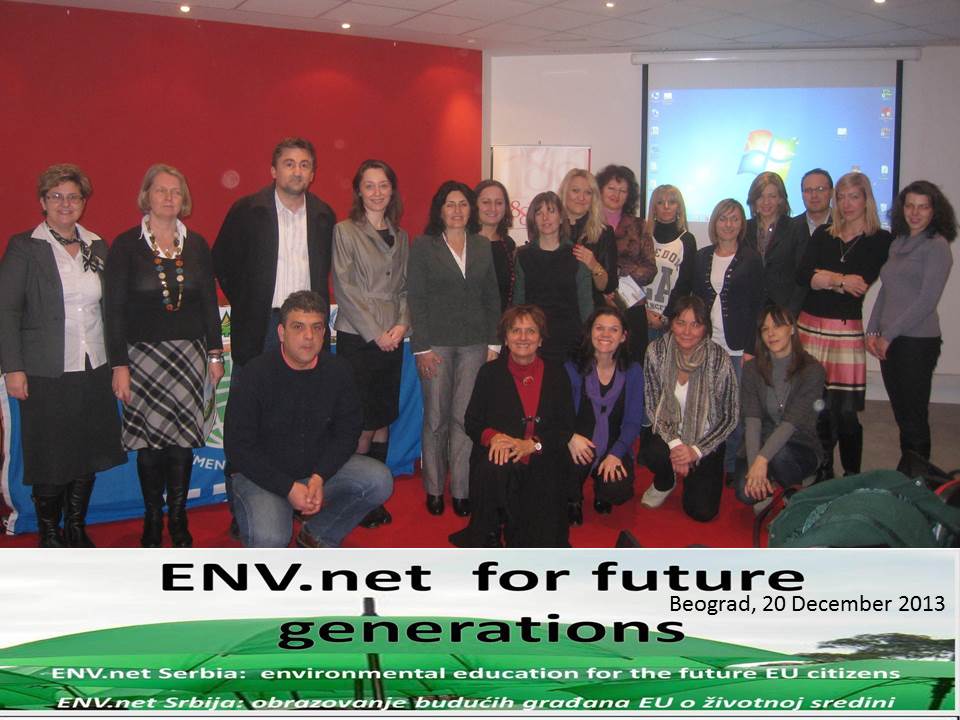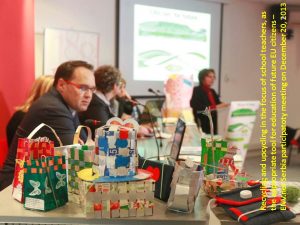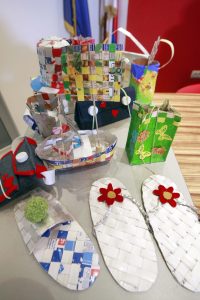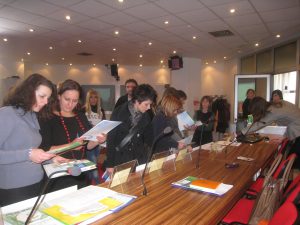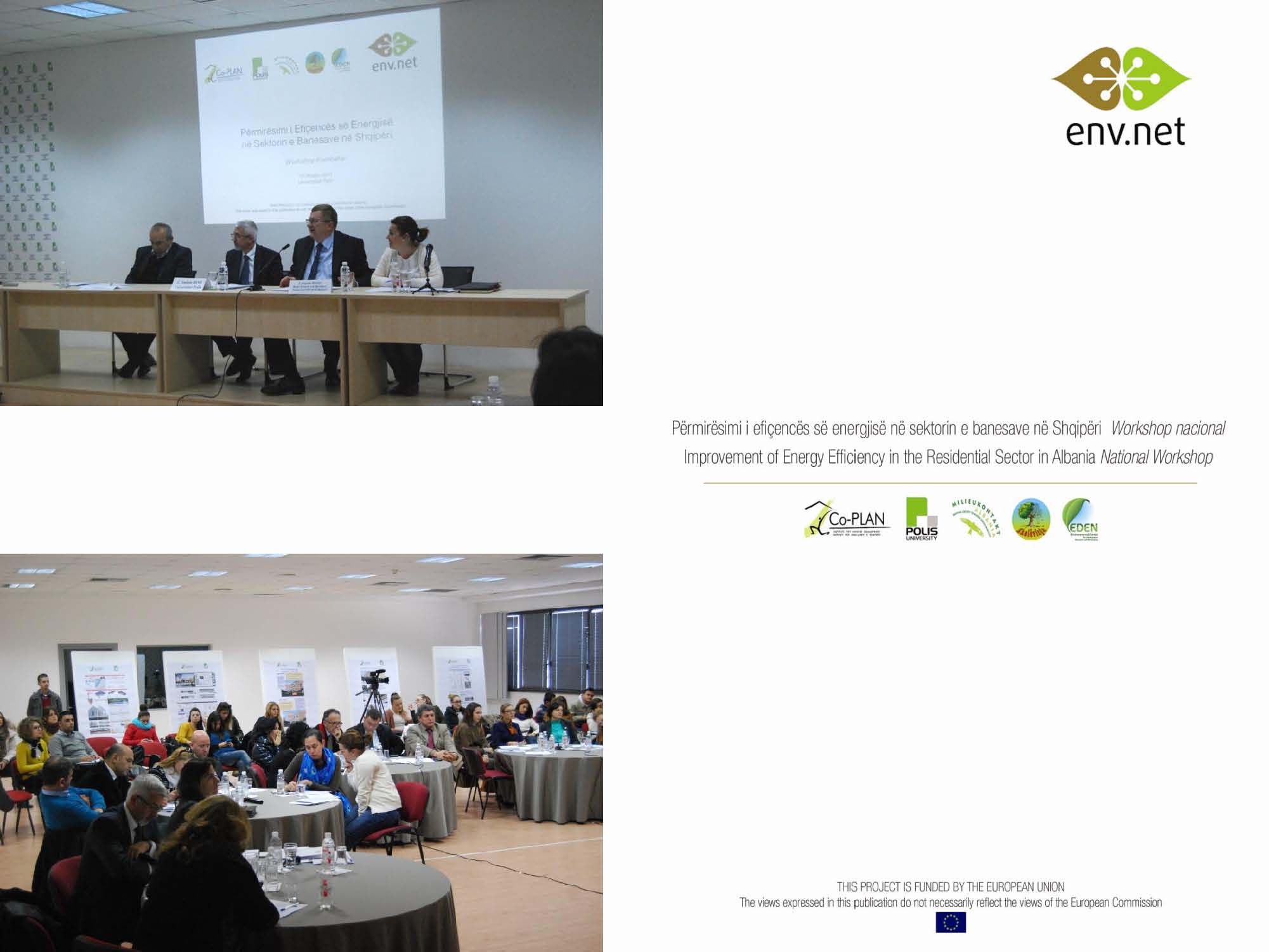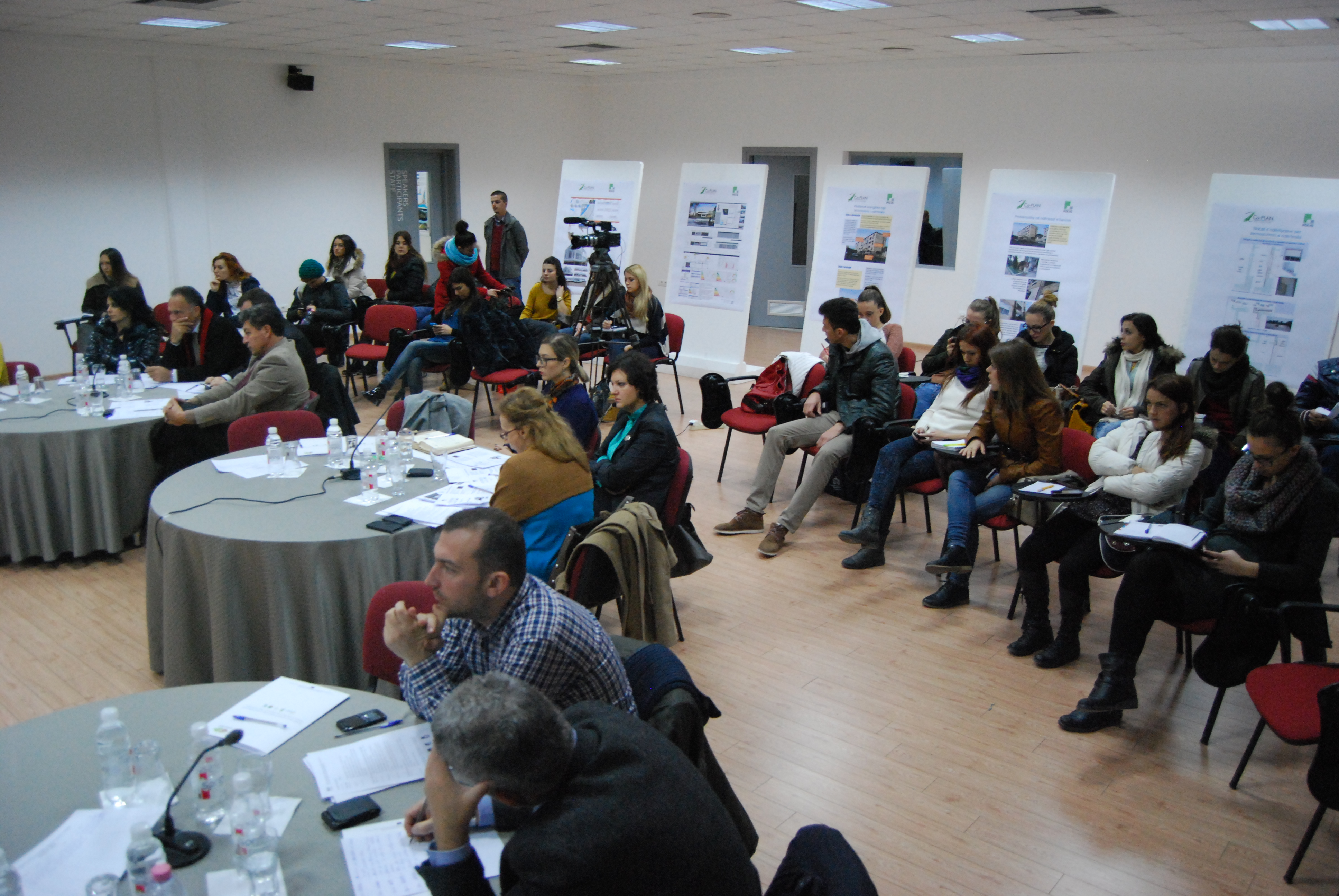
The workshop was organized by Co-PLAN, Institute for Habitat Development, in cooperation with three environmental organizations, namely Ekolëvizja, MilieuKontakt Albania dhe EDEN Center, in frame of the EU funded “Development of the ENV.net in West Balkan and Turkey: giving citizens a voice to influence the environmental process reforms for closer EU integration” project through the Partnership Programs for Civil Society Organisations.
The workshop gathered numerous civil society representatives, specialised in matters of energy efficiency in the residential sector in Albania, high profile representatives of the Ministry of Energy and Industry in Albania, the EU Delegation in Albania, the United Nations Development Program in Albania, the World Bank, etc.
The overall aim of the workshop was to:
I. Provide an analysis of the institutional and legislative progress to date, in the energy efficiency sector in condominiums;
II. Present recommendations to improve the current legislative and institutional framework for increasing energy efficiency in condominiums in Albania;
III. Raise awareness among citizens, civil society organizations, and institutions on the necessity for progress in this field and,
IV. Strengthen the role of civil society in improving legal framework on energy efficiency and facilitating its implementation;
At first, the Delegation of the European Union to Albania offered an expose of its stance concerning matters of energy efficiency in general. The representative of the Delegation of the European Union to Albania, Mr. François Begeot stressed the importance of the necessity for Albania and other countries in the region to promote energy efficiency in order to achieve the 20% objective by 2020, particularly focusing on the use of domestic energy sources. Mr. Begeot highlighted the need for an effective domestic market, financial resources and more investments in the energy efficiency sector, the transmission infrastructure and the production of renewable energy.
Mr. Simaku, representative of Ministry of Energy and Industry, during his introductory speech, expressed the full engagement of the Ministry and the Albanian Government in addressing the problematic of energy efficiency. He also expressed the demand for the contribution of all the actors present in the meeting and interested on the energy efficiency issues.
Co-PLAN offered an analysis of the legislative and institutional framework concerning energy efficiency in the residential sector, particularly focusing on the institutional and legislative hindrances that need to be addressed in the near future in order to increase energy efficiency in compliance with the national objectives.
Further, Milieukontakt Albania shared the results of a survey conducted on the Albanian citizen knowledge and demand for energy efficiency vis-à-vis thermal isolation of residences, lighting, heating and cooling systems, and the use of green/eco-friendly household appliances.
The presentations proceeded with EDEN Center, introducing a model on how to calculate energy efficiency, which is expected to help the Albanian institutions calculation of energy efficiency in the residential sector, and in establishing a set of measures needed for the accomplishment of the national objectives.
ProCredit Bank Albania, introduced its environmental policies and approach regarding the facilitated loan and crediting options designated for citizens, private sector, or public institutions willing to increase energy efficiency in their premises.
Lastly, the representative of the Ministry of Energy and Industry outlined the approach and steps to be undertaken on a policymaking level for the transposition of the Energy Efficiency Directive through the Energy Code.
Upon completion of all scheduled input, a discussion followed focusing on the issues raised during the presentations, the conclusions of which we wish to share with you, for assisting you in any follow-up action.
The Conclusions of the National Workshop on the Improvement of Energy Efficiency on the Residential Sector in Albania:
- The legislative framework for Energy Efficiency needs to be reviewed and updated in compliance with the most recent EU Directive for Energy Efficiency. The legislative framework needs to be unquestionably improved also through the immediate approving of its bylaws, which would eventually enable the implementation of the law, particularly on matters of energy efficiency calculation methodology, for the auditing and certifying parties, and any financial incentives. The Ministry of Energy and Industry, as well as other policymaking institutions ought to propose and approve fiscal implementing policies to draw the consumer closer to energy efficiency measures or investments. All such legislative framework, and respective bylaws, would need to be discussed beforehand with all interest groups, particularly with civil society.
- Policymakers ought to set up a functional system/register building on the auditing of energy efficiency performance of existing residential building stock, so that to be able to determine a set of concrete objectives for the future.
- The support of any incentives for the fulfilment of the national objectives on energy efficiency in the residential sector requires for the establishment of an Energy Efficiency Fund, as foreseen by the current legislation, and the draft law. The participants supported the idea of collaboration between the Ministry of Environment and the Ministry of Energy and Industry for the establishment of a common Fund for the Environment and Energy Efficiency, similarly to other countries in the Balkan region. The establishment of such structure will benefit from the preliminary legislative, institutional, and financial work conducted to date by national and international structures. The establishment of the Environmental and Energy Efficiency Fund would reduce the number of funds created, would encourage the absorption of both foreign and domestic funds, and would better coordinate all various institutional efforts, governmental or not, foreign or domestic, for energy efficiency in general, and the residential sector in particular.
- Elements of energy efficiency would most certainly have to be integrated in the Code of Construction in order to include energy efficiency at a design and projection level. The Ministry of Urban Development and Tourism, as the core proposing and implementing party of the Code of Construction, would have to address with priority the issues of energy efficiency in the residential sector. Furthermore, it is important that certain construction norms are put in place, which take into account increased energy efficiency performance in residences. Energy efficiency ought to be viewed as an inter-sectoral responsibility, demanding the involvement of the Ministry of Urban Development and Tourism together with the Ministry of Energy and Industry, and the Ministry of Environment.
- The energy efficiency system needs human resources, vocational or professional, be them educated in the country or abroad, in order to fulfil the central and local institutional needs, as well as those of public entities, and the private sector. In fact, educational institutions in the country do offer solid curricula dedicated to energy efficiency in residences, and other sectors. In the meantime, policymaking institutions, as well as implementing ones, ought to identify and present their needs in terms of dedicated human resources, and ought to get to know the current educational programs available, and use them for raising capacities, and certifying the required expertise in the field of energy efficiency in residences and other sectors.
- Public institutions ought to integrate and coordinate their plans and projects with civil society, in order to benefit from its cumulative experience in the field and its wide-felt impact in the community.
- Civil Society ought to create its alliance for increased pressure on public authorities concerning all the measures and responsibilities to be undertaken for the implementation and fulfilment of the strategic objectives and legislative framework. This alliance would be used to also share among partners projects and programs implemented for the promotion of energy efficiency among the public, and to promote its civic reaction.
